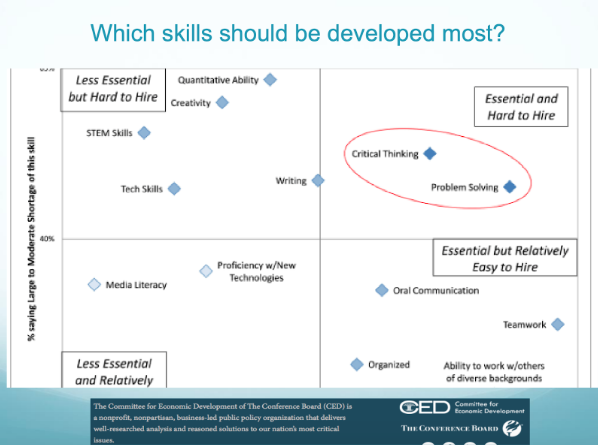The needs of the labor market often determine the acceptance and use of specific skills. If a prospective employee can “feed” the thirst of employers, there is a tendency that he will land the job. The most requested transferable skills on the labor market cut across most of the industries meaning the same set of soft skills and competencies are valued in the fields of health care, social sciences, humanities and arts, natural sciences, engineering, and even medicine.

Unlike most entry job seekers might think, the lack of experience is not the primary barrier when it comes to employment. The onus of the matter of why your application letter keeps getting bounced is because there is no specification of your transferable skills. An average employee has about three (3) skills in his kitty which helps them make the most out of a job. Read this article to the end to find out what are these highly estimated transferable skills and what roles they play outside the college.
What Are Transferable Skills?
 Basically, transferable skills embody the experience and aptitude garnered over a long period of time (such as personal and working experiences) and play a vital role in finding the next job.
Basically, transferable skills embody the experience and aptitude garnered over a long period of time (such as personal and working experiences) and play a vital role in finding the next job.
These skills are a great way to tell the employer that you are the most suitable candidate for the job. Such skills represent the combination of behavioral reactions and practical knowledge gained from previous experiences. Furthermore, they send a signal to the employer on what you are bringing to the new role. If you want to develop some of these skills before leaving college, here are some tips to inspire you.
Critical Thinking
Critical thinking entails the innate ability to come up with sound reasoning that will help in solving the problem at hand. It is essential to be on alert at all times and be ready to offer unbiased solutions when needed. For the vast majority of employers, independent thinking is what distinguishes a strong candidate from a weak one.
Problem-Solving Skill Set
Problem solving has to deal with the ability to come up with solutions to the upcoming problems. Such skills encompass both narrow technical know-how and social competencies such as mediation in times of conflict. Usually, the interviewers will give you an example of a potential problem and ask you how you to provide a few proffer solutions. Try to anticipate what kind of issues you could possibly be asked to tackle and come up with the needed five primary problem-solving steps before being interviewed.
Written Communication
Written communication is an integral part of most jobs, and the employee is expected to master the art of expressing thoughts in a variety of styles. As a matter of fact, even those jobs that do not seem to be directly linked to writing require some sort of written reports or presentations.
While in college, many students struggle to come up with clear and comprehensive writing, although this skill is listed among the most needed work competencies. Consider using EssayPro essay writing services to polish your academic writing and formatting. Having seen a few well-written papers and reports, the students soon grasp the foundations of persuasive writing.

Proficiency with New Technologies
Technical skills vary depending on the chosen industry and the position held. Technical skills for the IT sector include the following qualifications:
- Big data analysis (working with algorithms, analytics, data mining, documentation, statistical reports, etc.). Learn these valuable fundamentals through videos, online courses, specific data science certificate programs, or an even higher degree.
- Coding/programming (include programming languages, applications, frameworks, operating systems, security, servers)
- Project management (budget planning, performance review, scheduling, task management)
- Social media and e-mail marketing experience (SEO, SEM, crowd marketing strategies, web analytics, etc.)
Most of the time, the basic knowledge of Microsoft pack and Google applications is considered vital.
Creativity
As a transferable skill, creativity entails coming up with revolutionary thoughts and inventions that can change any situation for the better. Creativity is closely linked to emotional intelligence, conscientiousness, and intrinsic motivation. Despite high market demand, it is still a rare quality that should be developed.
Teamwork and Organizational Skills
The workplace provides an opportunity to interact with others. The ability to work in unison with and tolerate the background of other members of the team is a vital skill that will set you apart from others that lack it. Working as a team ensures real-time completion of a task. Above all, it is an avenue to learn specific values that will be of importance in future endeavors.
Self-discipline and organizational skills compose our last but the least important transferable skill. How good are you ineffective use of time and resources and prioritizing workloads? Always strike a balance for every duty and work towards their completion in good time.
Conclusion
Despite the vast prospects brought by the cross-industry skills, many students are yet to learn and start making use of them. Universities focus on the theoretical aspects of education rather than developing practical transferable skills, so it is up to you to improve your future career prospects. Employers are looking for creative, critical-thinking graduates and now you know what to focus on to become of them.



